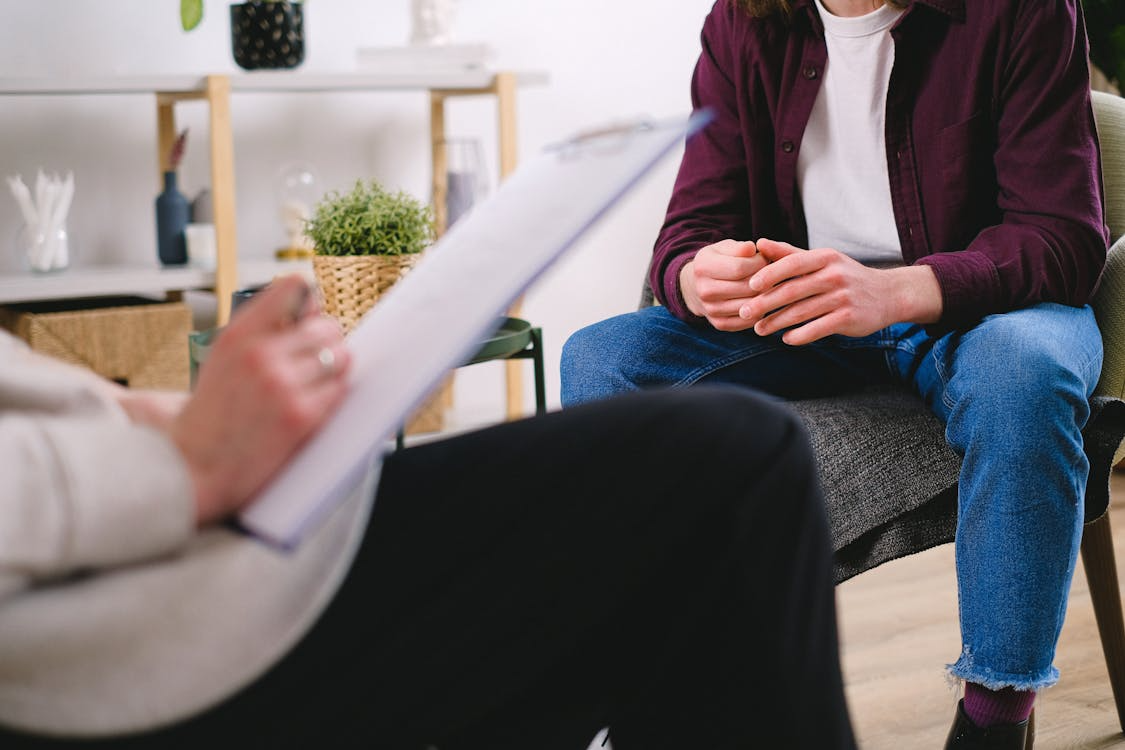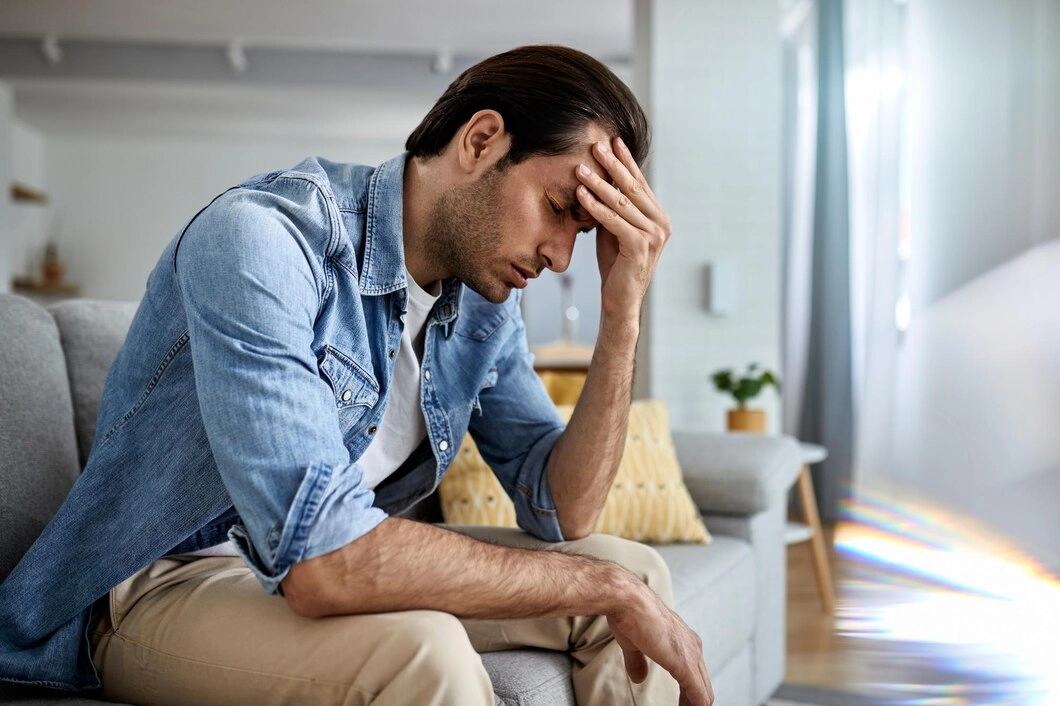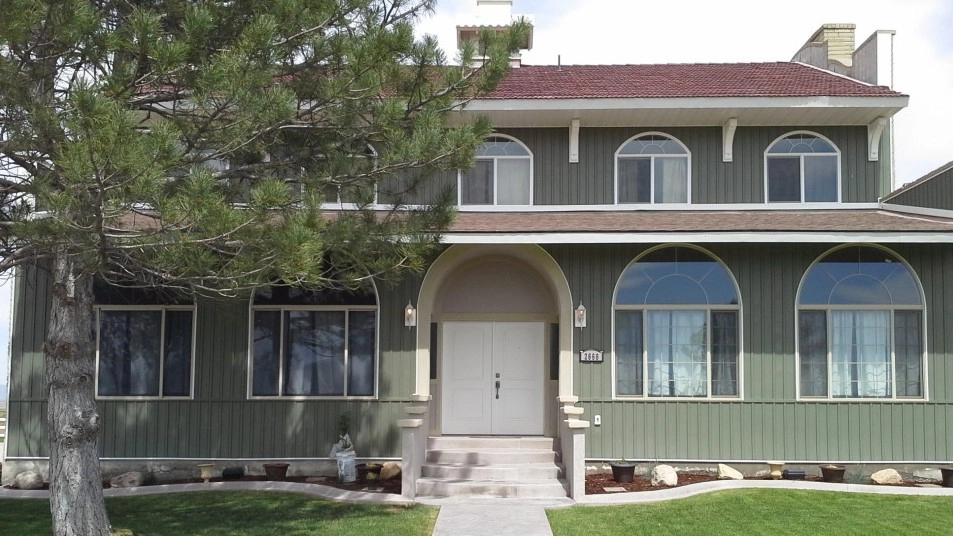At Paradise Creek Recovery Center we specialize in residential treatment focusing on problematic sexual behaviors, sexual addictions and sexual offending behaviors. Discover hope and recover your life through our state of the art residential treatment plan and facilities.



